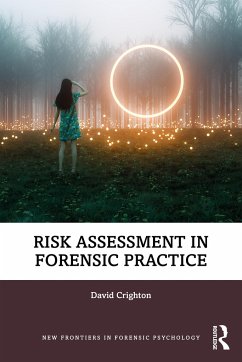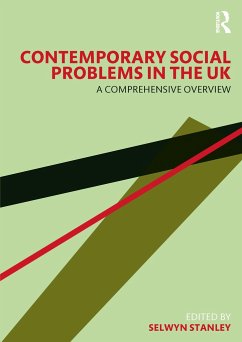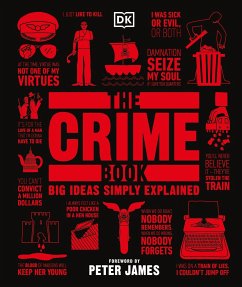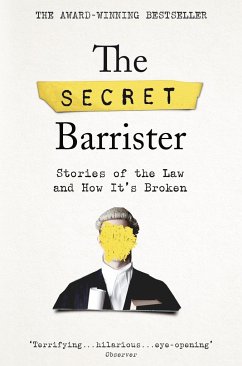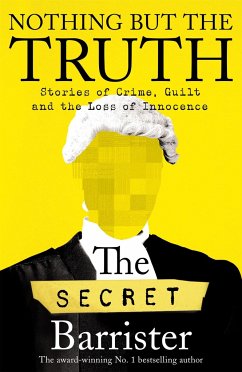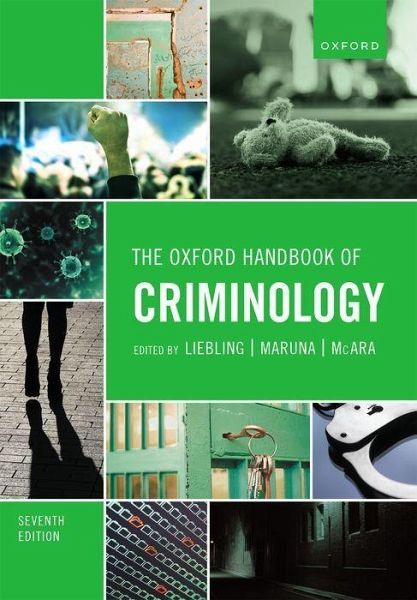
Alison Liebling (Professor of Criminology and Pro Criminal JusticeShadd Maruna (Professor of Criminology, Professor of Criminology, QLesley McAra (Professor of Penology, Professor of Penology, Univers
Broschiertes Buch
The Oxford Handbook of Criminology
Versandkostenfrei!
Sofort lieferbar

PAYBACK Punkte
29 °P sammeln!




The Oxford Handbook of Criminology provides a comprehensive collection of chapters covering the core and emerging topics studied on criminology courses, indispensable to students, academics, and professionals alike.
Alison Liebling is Professor of Criminology and Criminal Justice, and Director of the Prisons Research Centre at the University of Cambridge. She has attracted research fellowships from Trinity Hall, Leverhulme and the Economic and Social Research Council (ESRC). Shadd Maruna is Professor of Criminology at Queen's University Belfast and President of the American Society of Criminology. He has previously taught at the University of Manchester and Cambridge University. Lesley McAra is Professor of Penology in the Law School at the University of Edinburgh and Co-Director of the Edinburgh Study of Youth Transitions and Crime. A past President of the European Society of Criminology, Lesley was awarded a CBE in the New Year's Honours List 2018 for services to Criminology, and elected as a Fellow of the Royal Society of Edinburgh in 2021.
Produktdetails
- Verlag: Oxford University Press
- 7 Revised edition
- Seitenzahl: 1024
- Erscheinungstermin: 21. September 2023
- Englisch
- Abmessung: 243mm x 172mm x 39mm
- Gewicht: 1530g
- ISBN-13: 9780198860914
- ISBN-10: 0198860919
- Artikelnr.: 67364104
Herstellerkennzeichnung
Libri GmbH
Europaallee 1
36244 Bad Hersfeld
gpsr@libri.de
Für dieses Produkt wurde noch keine Bewertung abgegeben. Wir würden uns sehr freuen, wenn du die erste Bewertung schreibst!
Eine Bewertung schreiben
Eine Bewertung schreiben
Andere Kunden interessierten sich für



